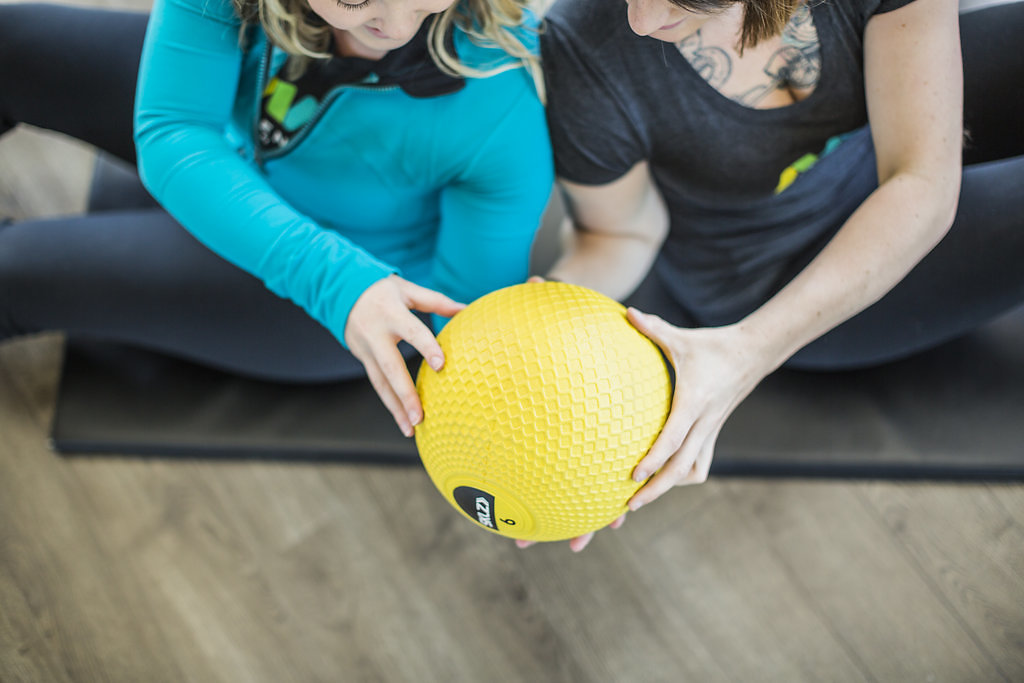
1. Keep active
Research has shown that one-hour of exercise in the middle of the day could be as helpful as a light treatment for coping with the winter blues. Even if you’re able to take a short walk during the day, that level of exercise will significantly help to improve your mood.
2. Get outside
Go outdoors in natural daylight as much as possible, especially at midday and on brighter days. Inside your home, choose pale colours that reflect light from outside, and sit near windows whenever you can.
3. Keep warm
It’s been shown that staying warm can reduce the winter blues by as much as half. Being cold has a negative effect on your mood, and has been proven to make you more depressed. A great way to stay warm is to sweat it out in a yoga session or during a great workout.
Keep warm with hot drinks and hot food. Wear warm clothes and shoes, and aim to keep your home between 21C and 24C.
4. Eat healthily
A healthy diet will boost your mood, give you more energy. Balance your craving for carbohydrates, such as pasta and potatoes, with plenty of fresh fruit and vegetables.
5. See the light
Some people find light therapy effective for seasonal depression. One way to get light therapy at home in winter is to sit in front of a light box for up to two hours a day. Alternatively, you can set one up next to your desk at work. Light boxes give out very bright light at least 10 times stronger than ordinary home and office lighting.
6. Take up a new hobby
Keeping your mind active with a new interest seems to ward off symptoms of the winter blues. It could be anything, such as playing bridge, singing, knitting, working out, keeping a journal, or writing a blog. The important thing is that you have something to look forward to and concentrate on.
7. See your friends and family
It’s been shown that socialising is good for your mental health and helps ward off the winter blues. Make an effort to keep in touch with people you care about and accept any invitations you get to social events, even if you only go for a little while. A great way to see your friends in the winter is to meet them at the gym for a partner workout.
8. Talk it through
Talking treatments such as counselling, psychotherapy or cognitive behavioural therapy (CBT) can help you cope with symptoms of Seasonal Affective Disorder. Your mental health is equally as important as your physical health, so always be sure to prioritize it just as much. See your doctor for information on counselling and therapy.

